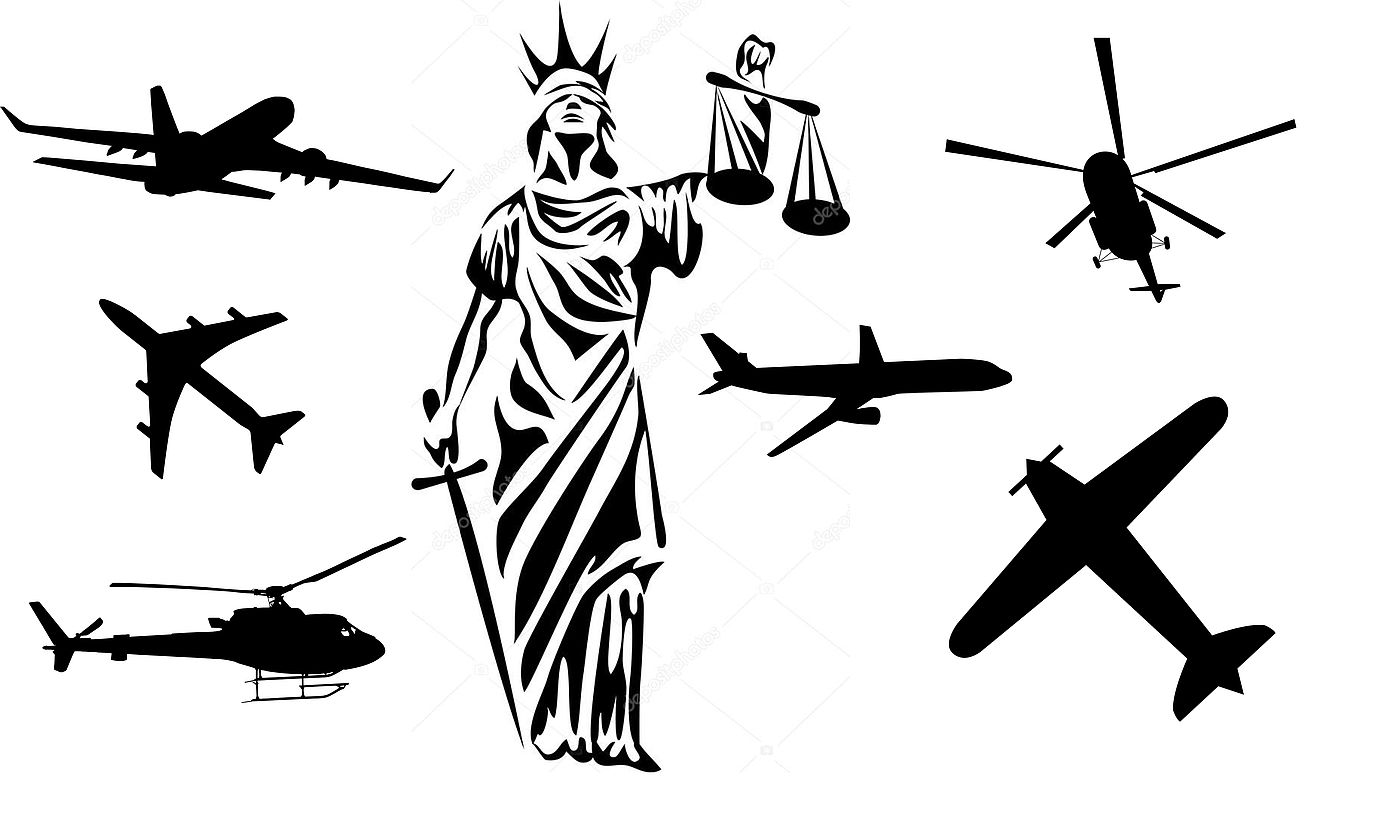Before the end of this year, the Federal Council will submit a proposal to the Swiss parliament on how the principles of just culture can be incorporated into Swiss law in the future. It is the Federal Office of Justice that has been working on the postulate "Redlichkeitskultur im Schweizer Recht" (20.3463) and has set out to find possible solutions. It has commissioned a study from the Foundation for Aviation Competence, which includes a legal comparison with European countries and a stakeholder analysis in Swiss high-risk industries.
The response to the postulate is the beginning of a legal development that is of particular importance for Switzerland. The aim is to create legal framework conditions that serve to improve safety. Learning from reported near incidents, from undesired events and from safety-relevant hints should be better possible through these in the future. Today, criminal law hangs threateningly over those who report, make statements or provide information. Silence pays and thus 'not learning' is inherent in the law. In today's world of complex socio-technical systems, which is also rushing from crisis to crisis, this is an anachronism. Who still pretends to know how everything is connected and how everything works? This question is increasingly being asked in companies that need to bring major risks under organizational control. Companies in the medical, aviation, energy and rail industries. They all depend on their employees to provide them with information about where things are going wrong in the system and where risks are embedded in the organization. As long as the state reserves the right to intervene in the safety culture of these companies in an accusatory and punitive manner, regardless of the collateral damage, these risks will remain like buried mines and will not be addressed. Is that what passengers on planes and trains want? Is that what patients waiting in the operating room for surgery want? Is that what people want when they buy electricity from a nuclear power plant? Is that what our parliamentarians want?
In aviation, there has been a reporting obligation for special professional groups for years. It is regulated by law and goes hand in hand with the protection of the person making the report, provided that the error was not intentional or grossly negligent. This regulation has led to the establishment of a learning error culture, called 'Just Culture'. However, this obligation is valid only within the company and has to cope with the sword of Damocles of criminal prosecution. No one, not even aviation stakeholders, is calling for general impunity. Willful violations, intent and gross negligence must be punished. But the authority of the state, and thus its power, should be tempered for the good of safety with transparent procedures and guidelines to the effect that the state is required by law to seek for a balance between the criminal law requirement and the requirement to learn and improve safety.
Swiss Aviation has now made its voice heard with a white paper. It explains the context, outlines the significance for safety and makes concrete proposals for the legal developments underway. A look beyond national borders shows that progressive countries have found suitable solutions for the socially so relevant balancing of interests between law enforcement and improving safety thanks to learning. There are approaches that do not pit one against the other. This is also the view of the International Civil Aviation Organization (ICAO) and the European Aviation Safety Agency (EASA) with their numerous recommendations to the individual nations. All this is encouraging and gives hope that the Swiss legislator's view is widening and that he will no longer close his eyes to the enormous developments in our socio-technical systems. After all, these require a rethink and call for new, adequate solutions.
I wish the readers a stimulating read.
AEROSUISSE: Verankerung der Just Culture Prinzipien im Schweizer Recht
Translation of the document is pending.




